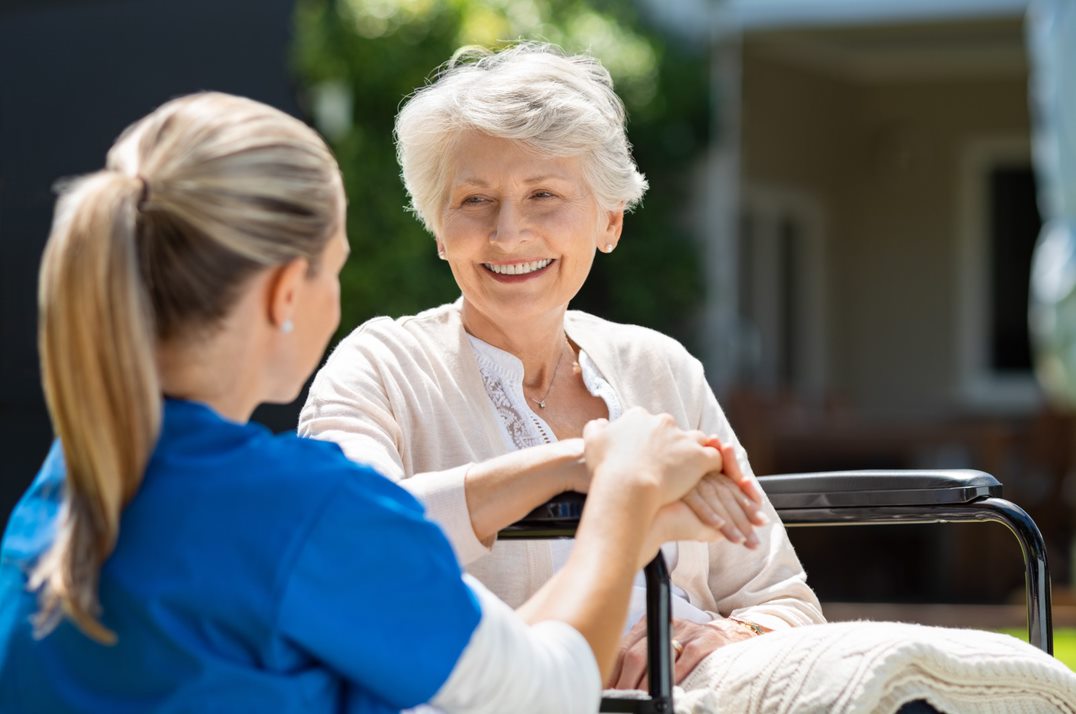The 8-Second Trick For Dementia Fall Risk
The 8-Second Trick For Dementia Fall Risk
Blog Article
How Dementia Fall Risk can Save You Time, Stress, and Money.
Table of Contents10 Simple Techniques For Dementia Fall RiskFascination About Dementia Fall RiskThe Dementia Fall Risk StatementsThe 7-Minute Rule for Dementia Fall RiskAbout Dementia Fall Risk
Nonetheless, based upon symptoms and signs, such as proof of head injury or a brand-new focal neurologic shortage, calculated tomography or MRI of the mind might be shown - Dementia Fall Risk. An analysis for root causes of syncope ought to be carried out just if there is strong suspicion, as when it comes to reoccurring, unusual drops
Health care carriers make use of a fall danger analysis to identify your threat aspects for falling and make valuable recommendations. A fall risk assessment is vital because understanding which elements raise your opportunities of dropping helps you: Minimize your risk of dropping or harming yourself.
Optimize your ability to relocate and be active. Keep a healthy, independent life. All grownups 65 years and older ought to have an initial fall risk testing. Your health care copyright could ask you whether you: Feeling unsteady when standing or strolling. Have fallen in the previous year. Fret about dropping. If you respond to yes to any one of these questions, your doctor will recommend an added, extra complete examination.
Getting The Dementia Fall Risk To Work

Explore this thorough nursing treatment strategy and monitoring overview to effectively protect against danger for falls amongst people. Obtain important expertise regarding the nursing analysis, taking care of medical diagnosis, and goals especially customized to people who go to risk for drops. A is defined as an occasion that causes an individual coming to relax unintentionally on the ground or flooring or other reduced level (THAT, 2021).
According to the Centers for Condition Control and Prevention (CDC),, causing over 34,000 fatalities for that age. Falling is the 2nd leading cause of death from unintentional injuries worldwide. Fatality from falls is a serious and endemic issue among older individuals. It is estimated that autumn death rates in the U.S

Each year, over 800,000 people are hospitalized since of falls. Nurses play a major function in protecting against falls for their individuals through education, reviewing autumn threat, creating more secure settings, and offering interventions in avoiding injuries from falls.
Individual will certainly show careful prevention procedures. Patient and caretakers will certainly carry out methods to raise safety and security and protect against drops in the home. Autumns result from numerous aspects, and an alternative approach to the individual and environment is important. Intend an individual is thought about at high danger for falls after the testing.
The 8-Minute Rule for Dementia Fall Risk
A requires using a validated tool that researchers have actually checked out to be valuable in calling the reasons of drops in a person. The level of autumn danger can be established making use of the analysis of inherent and extrinsic variables.
People are more most likely to fall once again if they have sustained one or even more falls in the previous six months. The older go to my blog population is at raised danger of fall-related readmissions based on a research study recognizing the factors anticipating of repeat drops connected results (Prabhakaran et al., 2020).
Additionally, complication and impaired judgment enhance the patient's opportunity of dropping. The capability of people to secure themselves from falls is impacted by such elements as age and development. Older people with weak muscles are more probable to fall original site than those who preserve muscle strength, flexibility, and endurance. These adjustments include decreased aesthetic function, damaged color perception, adjustment in center of mass, unsteady gait, decreased muscle strength, reduced endurance, modified deepness perception, and postponed reaction and response times.
The 10-Minute Rule for Dementia Fall Risk
Less contrast level of sensitivity was fairly related to both raised prices of drops and various other injuries, while reduced aesthetic acuity was only connected with enhanced fall price (Wood et al., 2011). Sensory image source perception of environmental stimulations is critical to safety and security. Vision and listening to problems limitation the patient's capacity to perceive threats in the surroundings.
Older grownups that have bad equilibrium or difficulty strolling are most likely to fall. These problems might be related to lack of exercise or a neurological reason, arthritis, or various other medical conditions and therapies. An essential risk factor highlighted in a study is that grownups with rheumatoid joint inflammation are at high threat of drops, including swollen and tender reduced extremity joints, exhaustion, and use psychotropic medicines (Stanmore et al., 2013).
Report this page